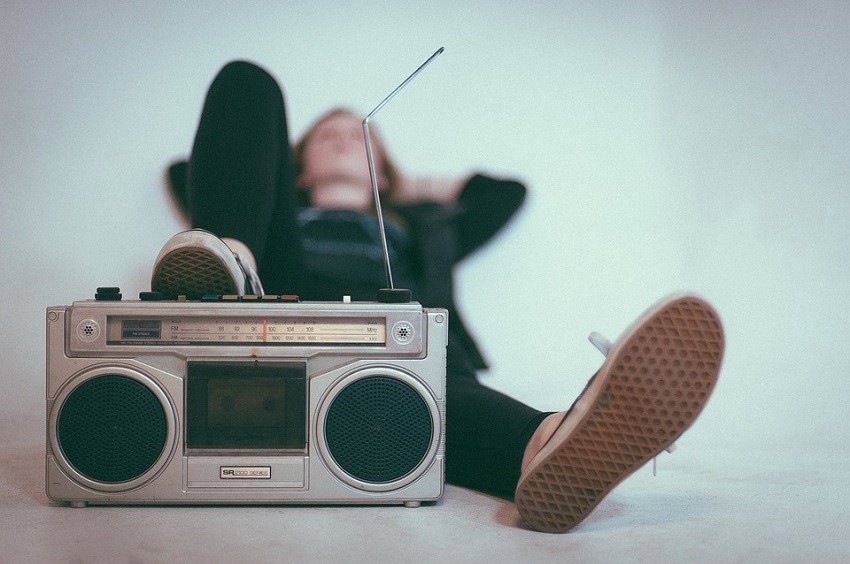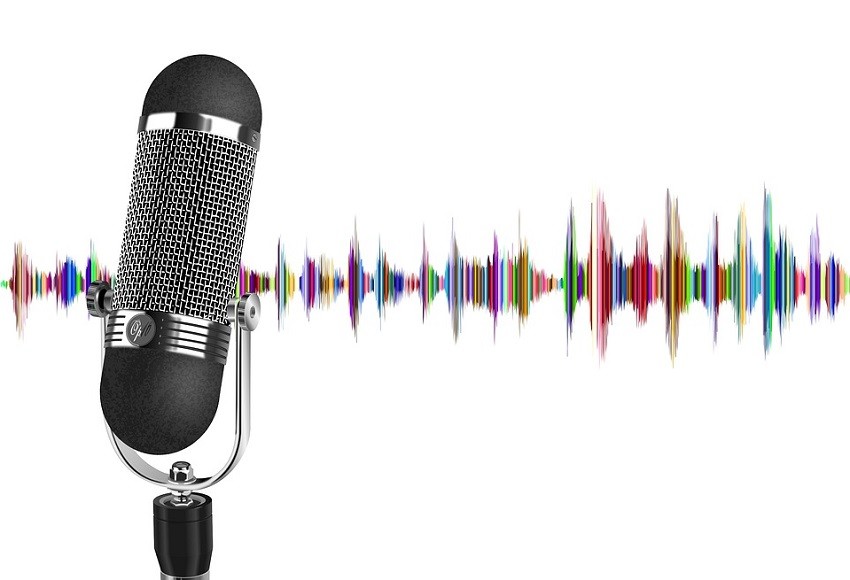Trust is the theme all radio stations around the world are discussing today, February 13. And there is a reason for that. In times of pandemics, contradictory information and fake news, UNESCO has chosen to focus on "Radio and Trust" on the 11th World Radio Day.

Although the history of broadcasting is more than a century old, radio still continues to be one of the most trusted and used media in the world. "Radio is closest to natural human communication - there is nothing more natural for people than to speak and listen," explained to BNR Assoc. Prof. Vyara Angelova, researcher and lecturer at the Faculty of Journalism and Mass communication at Sofia University "St. Kliment Ohridski".

According to her, "the market in Bulgaria is saturated with radio stations, but very few of them are news and talk radio. And the existing talk radio formats lack the expertise and traditions of the Bulgarian National Radio. The BNRhas won the trust of its audience with its daily work."
"The best guarantee of radio's independence, however, is the diversity of those who make it and the diversity of their voices. Radio would not inspire such trust if we could not make it our own, regardless of our culture," UNESCO Director-General, Audrey Azoulay wrote in a Message on the occasion of World Radio Day.
Serving as a bridge between traditional broadcasting and new technologies radio today offers a variety of content across devices and formats, such as podcasts and multimedia platforms. And all predictions that it will give way to the new media, are clearly short sighted. Various studies show that trust in social media is declining globally. At the same time, radio remains the most trusted medium, especially in times when people are in fear for their lives.
In Europe, where less than one in five people consider social networks to be a reliable source of information, radio is trusted by over 50% of the population. Therefore it is more than worth the effort of radio journalists to provide reliable and accurate content at all costs.
With regard to accuracy, BNR has something to boast about. In December 2021 a special fact-checking team was set up. Its purpose - to investigate suspicious allegations by identifying and revealing manipulations and misinformation based on evidence, facts, documents and expert opinions.The topic that concentrates the most misinformation is Covid-19, the team's analysis shows.
"At the BNR we have a huge asset and that is the trust of our listeners. It is precisely because of this responsibility that we have created a fact-checking team,"said Daniela Kassovska, Head of News & Information Department of the public media.

The public radio is well-trusted not only in Bulgaria but also by the audience abroad. BNR is the only media in this country that provides up-to-date and reliable information about Bulgaria in 10 languages - English, German, French, Spanish, Russian, Serbian, Serbian, Greek, Albanian, Turkish and Bulgarian – a unique content created by the team of Radio Bulgaria.
Bulgarian National Radio has been celebrating World Radio Day since it was adopted by the United Nations General Assembly in 2012.
The celebrationhas always been a formal occasion to raise important questions about freedom of speech and the role of radio in disasters, the safety of journalists, the good communication with the audience and society; to talk about sports, innovation and connectivity of people around the world, for which radio is one of the most rewarding platforms.

Today all radio stations worldwide will have one more thing in common – music. The official song for UN World Radio Day 2022, 'Loud (Radio)' was recorded by singer-songwriter Rachelle Fisher in collaboration with UNESCO and the Academia Española de la Radio. Rachel dedicated Loud (Radio) "to every person around the world, who is using the Radio to make a difference in people's lives, locally, nationally or globally."
Compiled by: Elena Karkalanova
Photos: unesco.org, pixabay, BNRThe Bulgarian Embassy hosted the second concert of the 17th season of the Bulgarian Music Society in Washington. On 14 November, guests enjoyed a unique show by two world-class artists, both originally from Bulgaria: Desi Jordanoff, a folk dance master,..
Generation Z students (born 1995–2012) are widely using artificial intelligence in their learning, with teachers reporting that more than 85% complete homework and study with the help of digital assistants. Children tend to see AI as a partner..
This year, Christmas has "arrived" in Sofia as early as November with the aroma of mulled wine, cinnamon and festive magic. Radio Bulgaria recommends that you visit some Christmas spots in the Bulgarian capital city: For those most impatient to..

+359 2 9336 661
